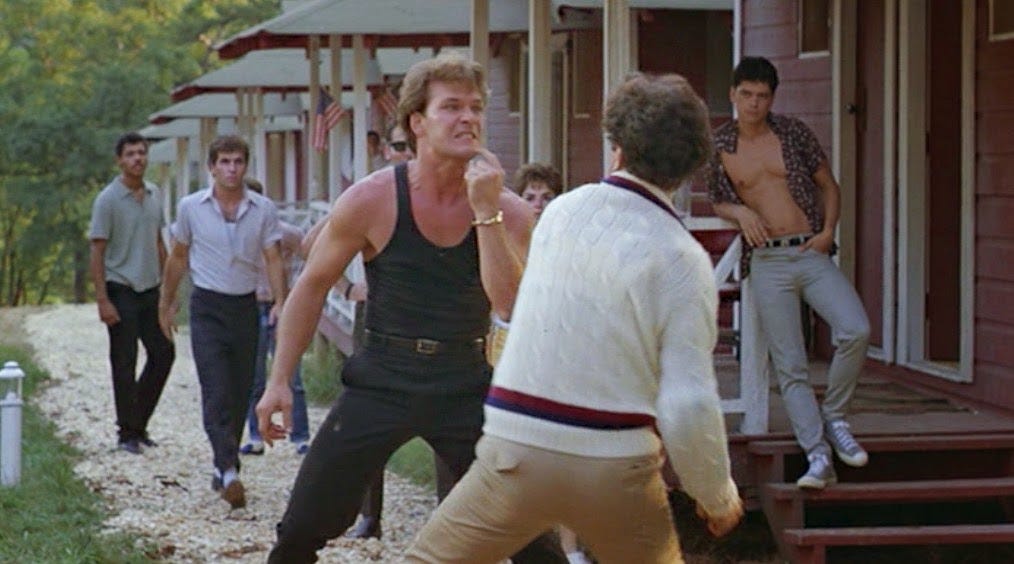How to stop being intellectually dishonest with yourself (and spot when others do it)

Disagreement doesn’t have to be so awful. Our different viewpoints can make our families and communities and companies BETTER—but only if we learn to stop a subtle little thing called Intellectual Dishonesty.
I’ve written a lot about how two heads are only better than one if they’re different. In my books, I argue that the best kind of collaboration requires:
A) people who think differently (aka “cognitive diversity”), to
B) put their heads together (creating “cognitive friction”), and
C) be willing to change (using “intellectual humility”).
A group where everyone is equal and able to speak freely ought to be able to tap its cognitive diversity and make continuous progress on hard problems together—generating cognitive friction via:
Discourse (exchanging ideas); and
Debate (arguing the merits of those ideas).
But most of the time things don’t work out so smoothly.
Battles of different viewpoints can be painful. They often get personal. And very often, debates about ideas devolve into battles of people versus people, group versus group.
And so instead of epiphanies born from different viewpoints, we get government shut downs. Instead of civil discourse in our companies and relationships, we get backroom maneuvering—or all out war.
Perhaps the biggest culprit that gets in the way of unlocking our potential—together and in our own lives—is something called intellectual dishonesty.
No, it’s not quite lying. It’s more subtle than that. And that’s why it’s such a problem.
I’ve spent the last few months of my work exploring the concept of intellectual dishonesty and what we can do about it. Curbing it is very much a prerequisite to intellectual humility, which you can learn everything you wanted to know about it in this post here.
And I’m absolutely convinced: understanding intellectual dishonesty can help us live our lives with more integrity, wisdom, and courage.
It can help you be a better colleague. A better business partner. A better parent.
Since intellectual dishonesty is such a big problem in politics—and since politicians and cable news pundits employ it very visibly—I’ve decided to explore it through the lens of political debate. But once you see how intellectual dishonesty works, and just how easily we can fall for it ourselves, I think you’ll be better equipped to spot and curb it in your own life—as a parent, a partner, a collaborator, or even just with your own internal dialogue.
So what exactly is intellectual dishonesty? How does it work? How do we stop it?
Read about all that and more by clicking here: http://shanesnow.com/id
Here’s what the post contains:
An Overview Of Intellectual Dishonesty
The Six Big Problems With (Much of Our) Discourse
The Art Of The Dodge
The Hitchhiker’s Guide To The Fallacy
The Subtle Art Of Not Giving A F*ck About The Truth
Dirty Debating
How To Get A Bad Debate Back On Track
A Proposed Set Of New Rules For Political (and other) Debates
As you read, I’d ask that you take off your own “political identity hat” and focus on the behaviors being discussed more than the people (and parties they belong to) who I use as examples of these behaviors. That may be an exercise in intellectual humility itself, but hey—it’s a new year and a great time to work on that!

Once again, click here for the full post.
As always, much love,
Shane


